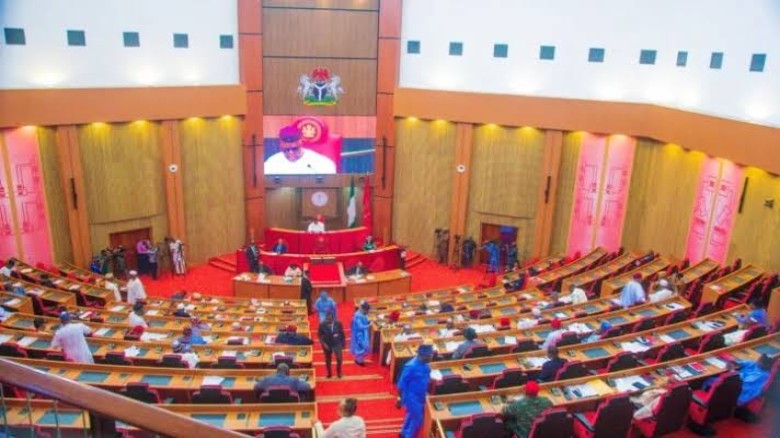ASUU cautions against the student loan scheme leading to lasting debt
The Academic Staff Union of Universities has asserted that the proposed education loan scheme will result in students being burdened with perpetual debt. Following its National Executive Council meeting at the Niger Delta University, Wilberforce Island, Bayelsa State, ASUU expressed surprise at the reports it received regarding unfulfilled promises from the Bola Tinubu-led administration in addressing longstanding issues that led to the nationwide strike from February to October 2022.
Throughout Nigeria's history, successive governments have consistently failed to honor agreements with the union, leading ASUU to resort to industrial action to assert its rights. Regrettably, key agreements such as the payment of Earned Academic Allowance, the stagnant renegotiation of the 2009 ASUU-FGN agreement, removal from the Integrated Personnel Payroll Information System, revitalization funds, and withheld salaries remain unimplemented by the government.
However, ASUU maintained its stance that the Students Loan Scheme, advocated by global financial entities like the International Monetary Fund and World Bank, would deplete funding for public universities.
In the statement, it was emphasized, "To be clear, the NEC of ASUU reiterated its opposition to the Students Loan Scheme promoted by international financial institutions such as the IMF and World Bank.
Nigerians should be mindful that the scheme aims to deprive public universities of essential funding and serves as a tactic to redirect public funds towards private universities owned by politically influential individuals and their associates.
NEC also noted that the students' loan scheme would place the entire university system under a financial burden and subject our talented students to enduring indebtedness.
"If the scheme faced challenges in more effectively managed economies, there is no assurance of its success in Nigeria, where rampant corruption, nepotism, and other unfavorable practices contributed to the demise of the Education Bank project after over five years of existence."
However, ASUU proposed that if the state and Federal Governments genuinely aimed to invest in the well-being of Nigerian students, they should provide grants and scholarships, while restoring the Needs-Based Budgeting System to the university system for enhanced efficiency.
In the statement, ASUU's National President, Prof. Emmanuel Osodeke, expressed the union's disapproval of significant fee hikes in schools, emphasizing that funds diverted from the government's coffers should be directed towards funding universities.
The statement further stated, "NEC strongly condemns the widespread fee hikes across our campuses, done without considering the perspectives of the affected individuals."
"Regularly emerging scandalous accounts of enormous funds redirected from government coffers, both at the state and federal levels, reaffirm our conviction that the country's available resources could sustain government-funded university education without imposing undue burdens on parents, as is presently the case."
The statement clarified that if the Federal Government had honored the Memorandum of Understanding (MoU) from 2013, which outlined a provision of N1.3 trillion over six years, numerous universities would have reached a state where they could attract international students and gain recognition for pioneering and transformative research.
"We urge the Tinubu administration to promptly commence the process of conducting a fresh needs assessment exercise to substantiate our plea for substantial intervention in our public universities.
"The Federal Government's acknowledgment of a comparable challenge in 2012 led to the allocation of the total sum of N1.3 trillion, a commitment that the government has subsequently rescinded," the statement emphasized.
























Leave A Comment